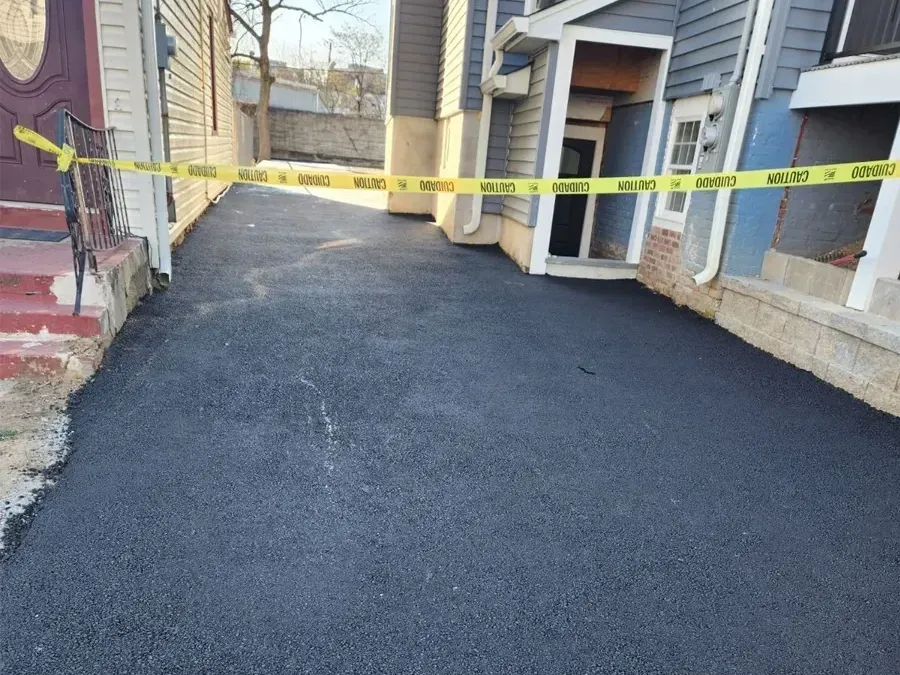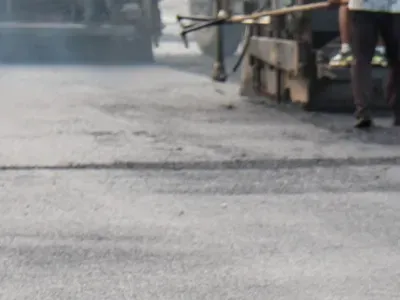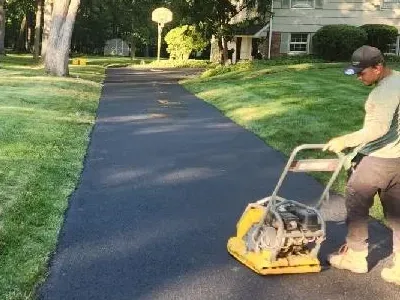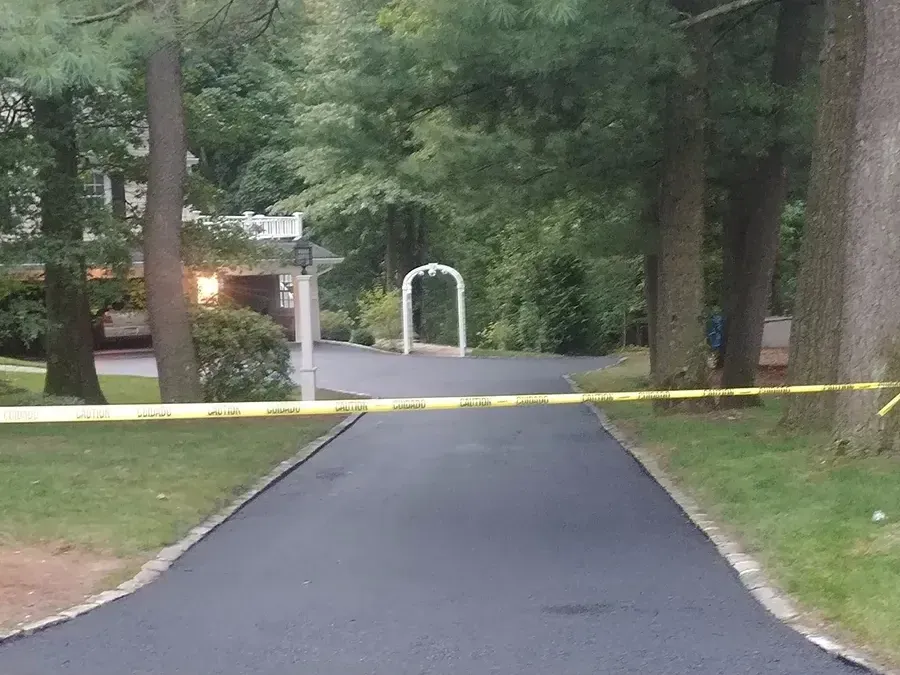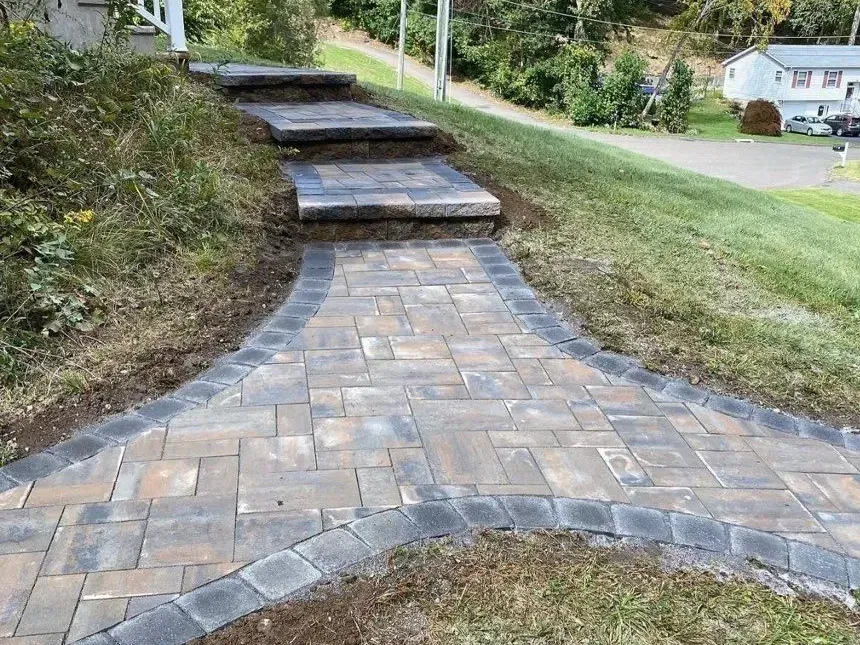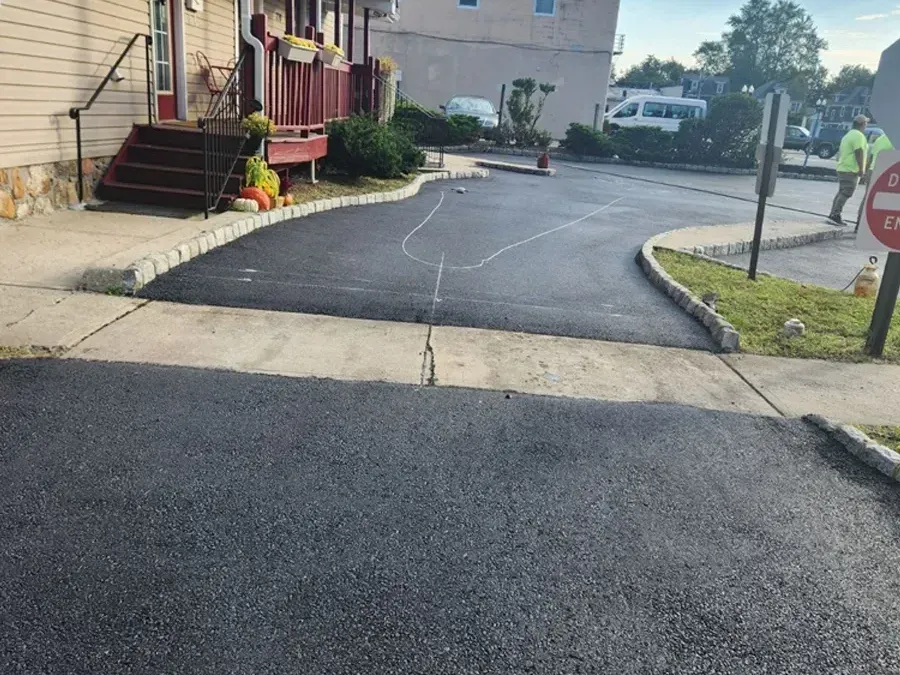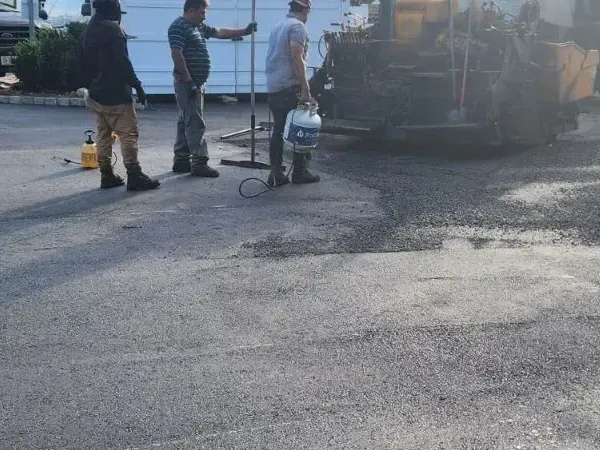Asphalt Driveway Cracks, Asphalt Paving Crack Issues in NJ
Addressing asphalt cracking in driveways is crucial for minimizing damage and extending its lifespan. Asphalt cracking in New Jersey, like in various other regions, results from a combination of factors influenced by local climate, environmental conditions, and usage patterns. These factors contribute to the degradation of asphalt surfaces over time.
Why Asphalt Paved Driveways Crack
- New Jersey undergoes notable temperature shifts throughout the year, ranging from cold winters to hot summers. These variations impact asphalt by causing it to expand and contract, which in turn creates stress on the surface and can ultimately result in cracking over time.
- The high volume of traffic, particularly heavy vehicles such as trucks, applies significant pressure on asphalt surfaces. This continual stress weakens the pavement structure and raises the probability of cracks developing over time, so if you have several vehicles in your driveway, this can be a cause of asphalt cracking.
- Moisture and water damage present significant challenges for asphalt surfaces. When water infiltrates cracks or gaps in the asphalt, combined with freeze-thaw cycles, it can lead to structural deterioration and contribute to cracking over time. New Jersey's precipitation levels and weather patterns are key factors influencing this process, highlighting the importance of proper drainage and maintenance to mitigate these issues.
- Aging infrastructure poses challenges for asphalt surfaces, particularly older ones that may exhibit structural deficiencies or have received inadequate maintenance. These factors render them more susceptible to cracking and overall deterioration over time. Regular inspections and timely maintenance are crucial for preserving the integrity of aging asphalt surfaces and extending their lifespan.
Improper installation or maintenance practices can significantly impact the durability of asphalt surfaces. Poorly compacted base layers during installation or neglecting crucial maintenance tasks such as sealing cracks can accelerate asphalt deterioration and contribute to increased cracking over time. Adhering to proper installation guidelines and implementing regular maintenance routines are essential for prolonging the life and performance of asphalt surfaces.
- Substances such as road salts and deicing agents commonly used during winter maintenance can expedite asphalt degradation and contribute to cracking, especially in high-traffic areas. Implementing protective measures and using suitable materials can help mitigate the impact of chemical exposure on asphalt surfaces, thus enhancing their longevity and performance.
Cracks in Asphalt Paving
In summary, understanding the factors that can lead to the asphalt placed in your driveway to cracking is important to help implement effective preventive measures and maintenance strategies to minimize asphalt cracking and prolong the lifespan of paved surfaces in New Jersey's diverse environmental conditions. Using quality materials to start, along with proper compaction of base layers, are essential practices for preserving asphalt infrastructure integrity of your asphalt paved driveway.
Contact Asphalt Direct Paving today! Our goal is to ensure your aphalt paved driveway looks great and lasts!
Contact
Asphalt Direct Paving
Today
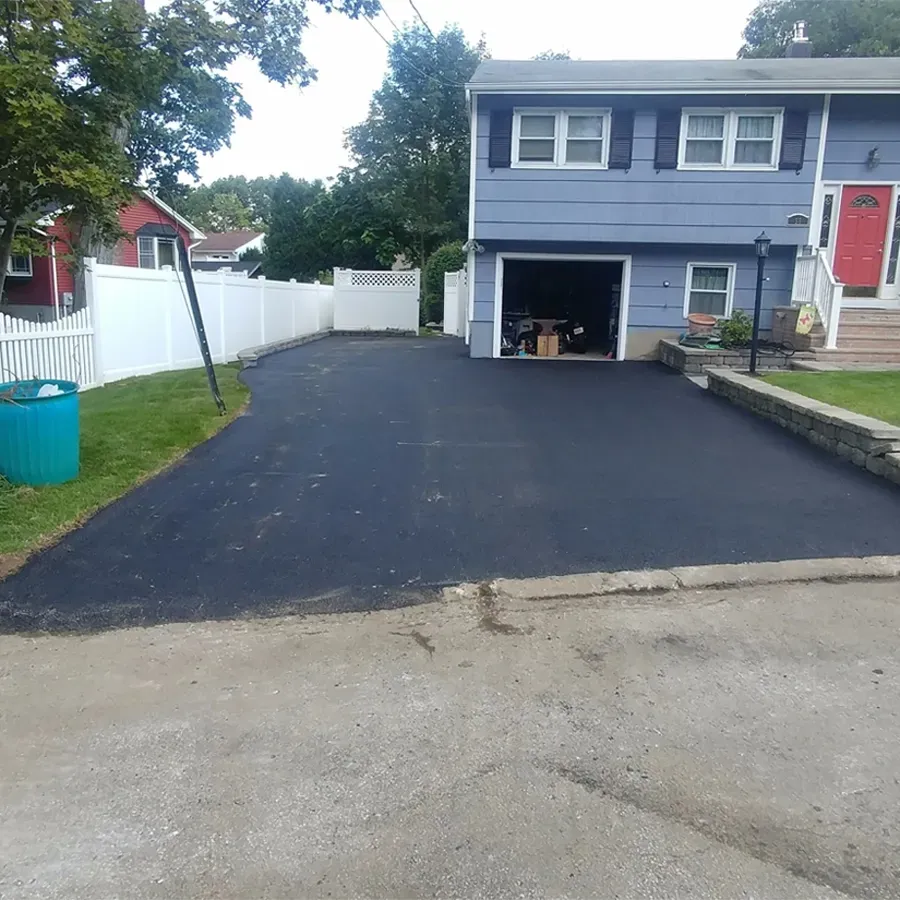
Asphalt Direct Paving offers asphalt paving for driveways, parking lots, roadways, and more throughtout Morris County, Somerset County, Essex County, and Union County, New Jersey.
Share On
